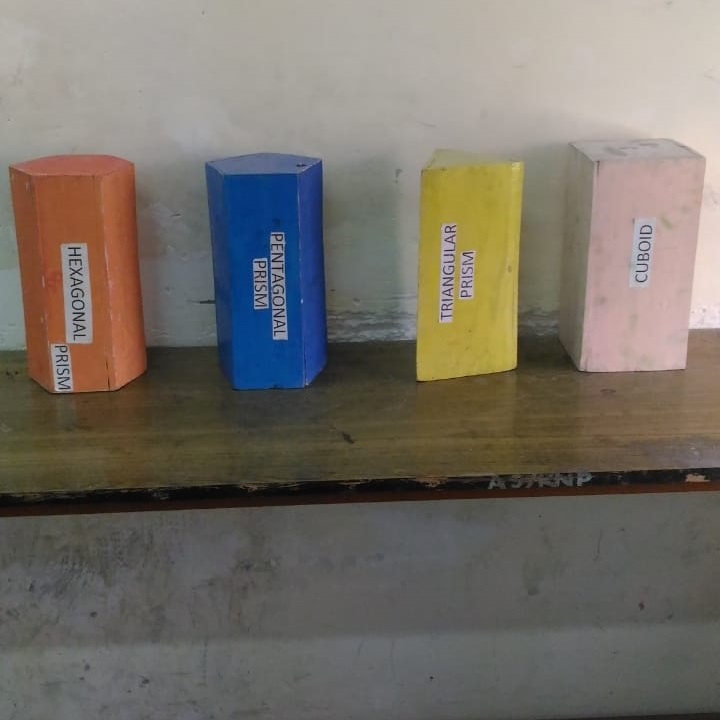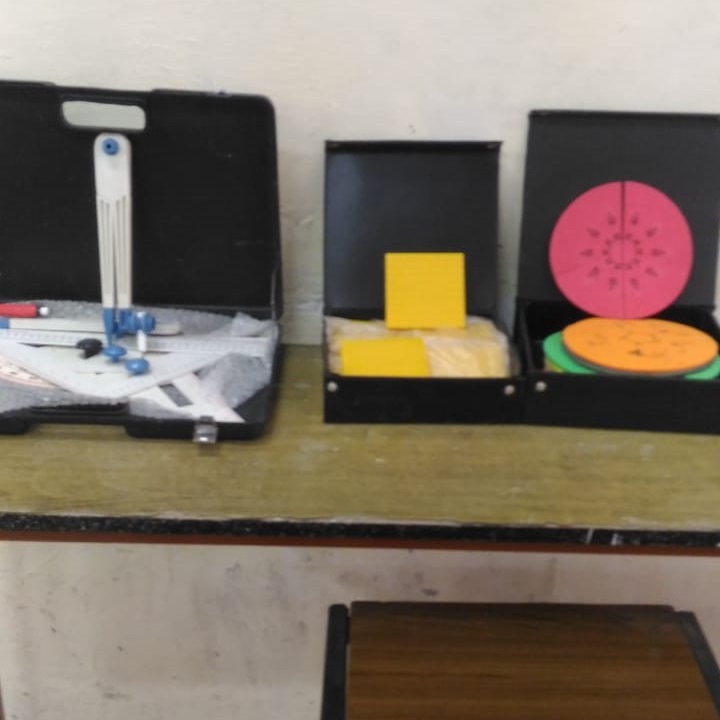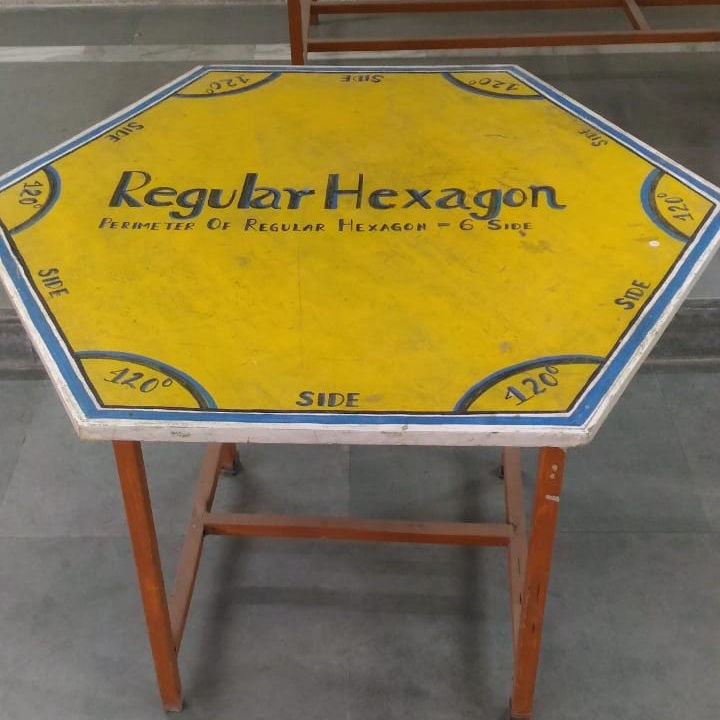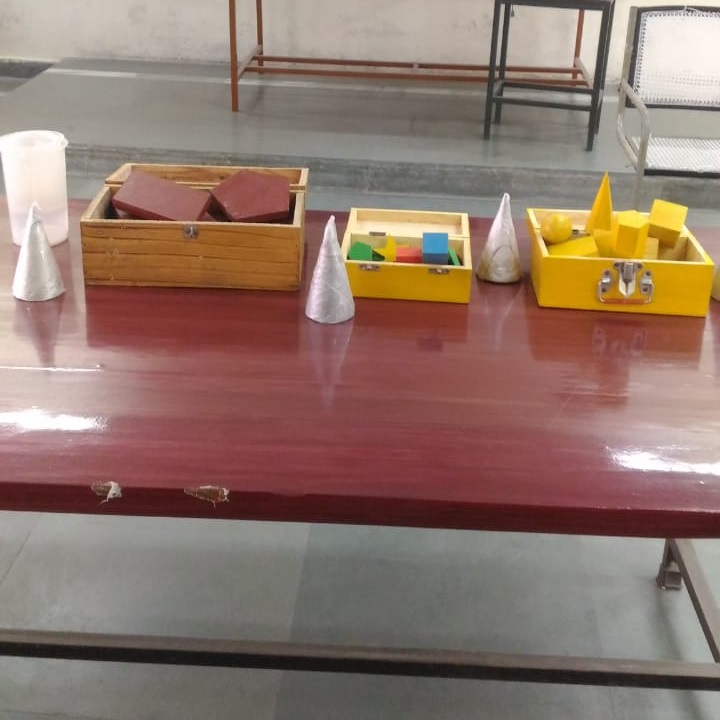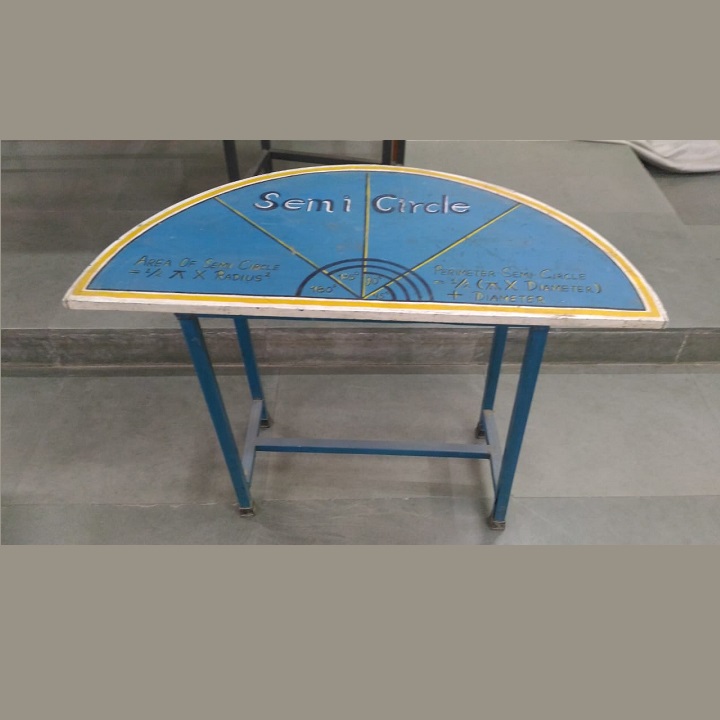Mathematics Lab
The math lab of army public school is spacious with state of art facility that can accommodate 35-40 students at a time A mathematics laboratory is a place where we find a collection of games, puzzles, teaching aids and other materials for carrying out activities. These are meant to be used both by the student by their own and together with their teacher to explore the world of mathematics, to discover, to learn and to develop an interest in mathematics. Although mathematics is not an experimental science in the way in which physics, chemistry and biology are, a mathematics laboratory can contribute greatly to the learning of mathematical concepts and skills.
Our Key features are:Here are some ways we think a mathematics laboratory could contribute to learning mathematics:
- A mathematics laboratory provides an opportunity for the students to discover through doing. In many of the activities, students learn to deal with problems while doing concrete activity, which lays down a base for more abstract thinking.
- It gives more scope for individual participation. It encourages students to become autonomous learners and allows a student to learn at his or her own space.
- It widens the experiential base, and prepares the ground for later learning of new areas in mathematics and of making appropriate connections.
- In various puzzles and games, the students learn the use of rules and constraints and have an opportunity to change these rules and constraints. In this process they become aware of the role that rules and constraints play in mathematical problems.
- Because of the larger time available individually to the student and opportunity to repeat an activity several times, students can revise and rethink the problem and solution. This helps to develop metacognitive abilities.
- It builds up interest and confidence in the students in learning and doing mathematics.
- Importantly, it allows variety in school mathematics learning.

